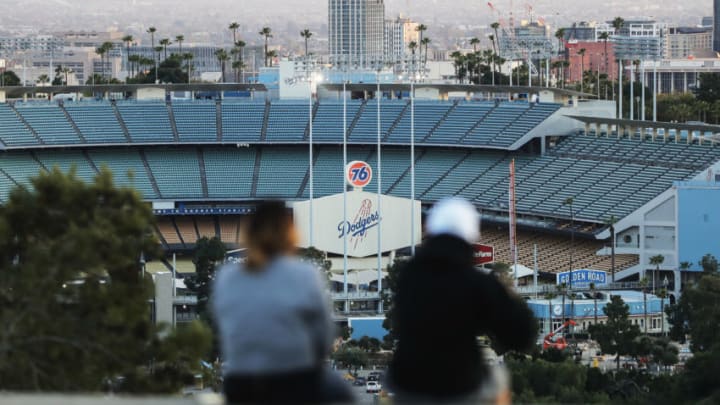
What does it mean for teams during the 2020 MLB season?
The financial impact will vary depending on where the team usually gets its revenue. But here’s the bottom line: Buying the assumptions as stated above, the average Major League team could expect to reap $144 million in operating revenues assuming half a 2020 MLB season is played. That is a 56 percent reduction from the normal $345 million.
For traditionally lower-revenue teams, this may actually be less of a big deal. The Marlins, for instance, originally expected to take in $222 million in revenues. Since such a large portion (70 percent) of their revenue profile is linked to sport-wide revenue sharing – which should be the safest revenue stream – the Marlins could project to see their operating revenues decline only 35 percent, to $145 million.
Other teams fitting this same general profile include those thought of as the game’s poorer children: the Oakland Athletics, Cincinnati Reds, Kansas City Royals, Tampa Bay Rays and Baltimore Orioles.
Without exception those teams, all dependent on league-wide revenue sharing — could expect to take in at least half and probably more of the revenues they would normally have received during an uneventful 2020.
Since the game’s poorest teams generally occupy the smallest markets, they are thus are more insulated from the areas of greatest financial turmoil: ticket sales and ancillary stadium revenues. On average those teams normally expect to reap only about 25 percent of their overall revenues from those most-in-jeopardy sources.
